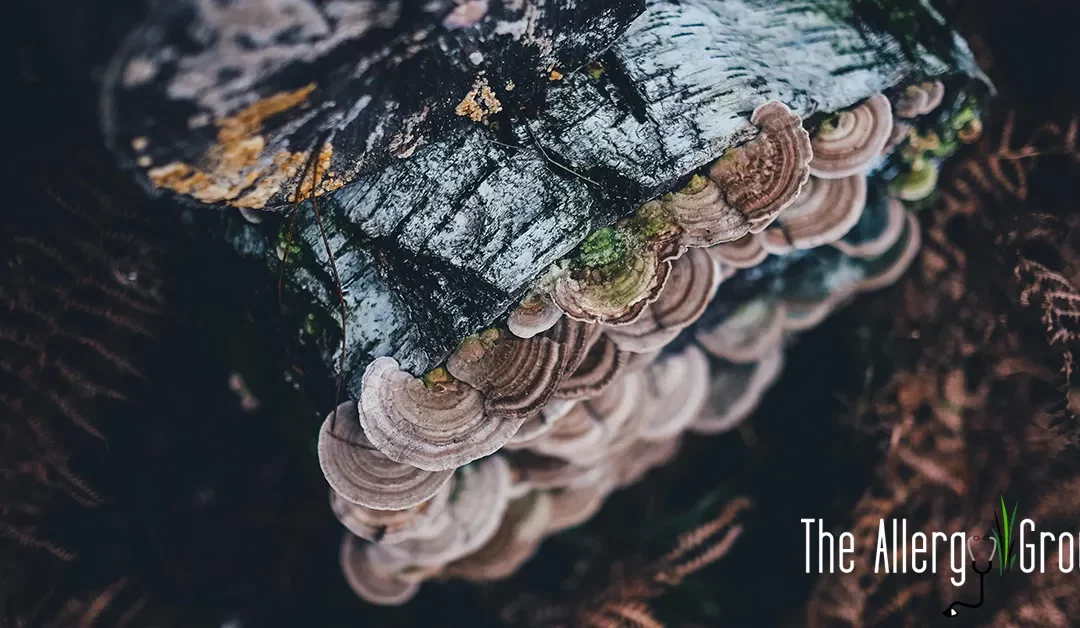Many people ask us at The Allergy Group about molds and if they are allergic to them.
Fortunately here in Boise, we have a dry climate and therefore typically see less mold than other areas of the country. However, when looking at the air samples, it’s hard to ignore all the mold spores that I see. We have different types of molds in our area, the most prevalent being Alternaria, Aspergillus and cladosporium. All these molds can be found outside in soils and rotting mulch and detritus.
Aspergillus is a common indoor mold that develops with extreme water damage particularly to dry wall and paper materials. This mold can cause a lung disease called aspergillosis. Alternaria when exposed to high numbers can cause skin lesions. These conditions are very rare but exemplifies the impact molds can have on our health.
The time of year that I see the most amount of molds in the air samples are early spring, when the snow run-off is occurring and everything is thawing. I also see dry air spora in higher numbers right now, these get kicked up by harvesting hay and other crops as well as when people start working in their gardens and yards.
If you feel that you are having symptoms that could be attributed to mold exposure, talk to your board certified allergist at The Allergy Group. These symptoms may include coughing, shortness of breath, chest tightness, itchy, red eyes and sinus congestion. We specialize in taking the appropriate history so we can help determine what may be causing your symptoms. Whether it is caused by molds, pollens or weather changes, we can help you breathe better and live healthier!
We can help treat your allergies during this high mold spore count season! Don’t suffer! Come see us at The Allergy Group!


